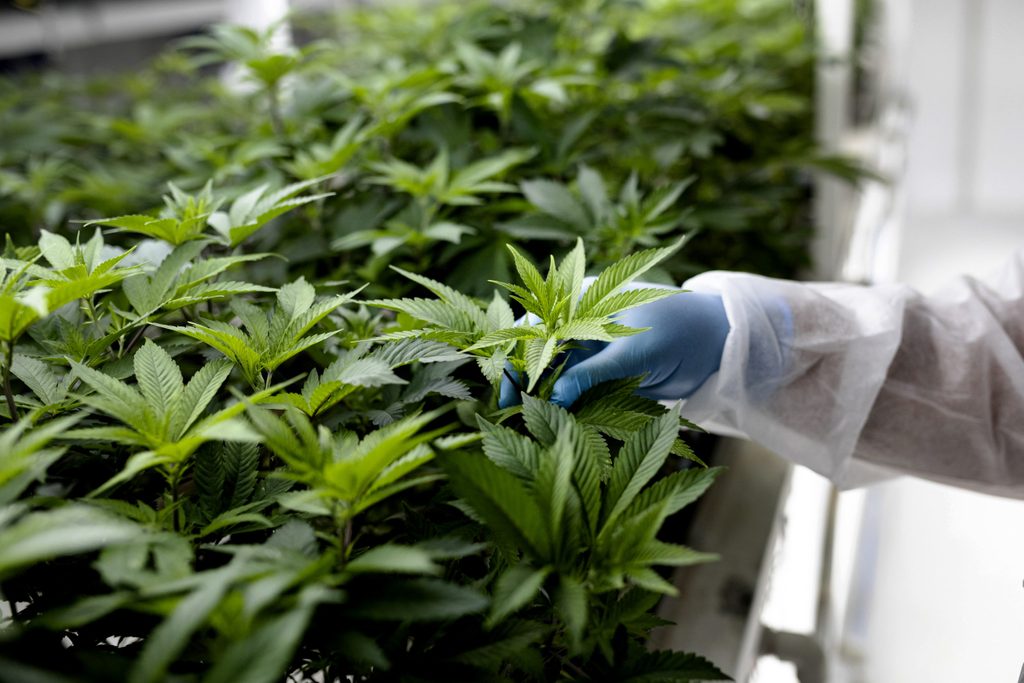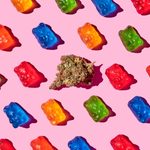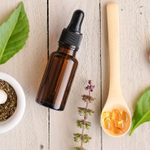What is Hemp? Here’s What Experts Need You to Know

Hemp has a buzz, but what is it that makes the plant so valuable? One clear reason is its CBD content, but that's not all...
Hemp’s exponential rise in popularity is due to the treasure trove of potentially healthful and helpful substances that can be extracted from its stalks, seeds, leaves, and roots, including the supplement CBD, as well as changes in how hemp is regulated by the Government of Canada.
You can find hemp in clothing, textiles, diapers, handbags, paper, ropes, carpeting, building materials, soaps, shampoos, and other personal care items. It’s also found in foods such as hemp seed oil, hemp hearts or seeds, hemp protein powder, and essential fatty acid food supplements.
But what is hemp and why does it have so many uses?
Hemp vs. marijuana
Like marijuana, hemp is a cannabis plant known as Cannabis sativa. The main difference between marijuana and hemp is how much THC (delta-9 tetrahydrocannabinol) it contains. THC is responsible for marijuana’s mind-altering effects.
Marijuana contains much more THC than hemp, while hemp boasts more CBD (and a touch of CBG, too). Put another way: Hemp can’t get you high. “Marijuana has greater than .3 percent of THC, whereas industrial hemp has less than .3 percent,” explains hemp researcher Haleigh Ortmeier-Clarke, graduate research assistant in the department of agronomy, University of Wisconsin-Madison. (Agronomy is the study of soil and crop production.) To put that in context, the average amount of THC is around 12 percent (40 times as strong as hemp); some strains are 20 percent or more THC (67 times stronger than hemp).
“Chemically CBD is the kissing cousin of THC,” says Kent Vrana, PhD, chair of the department of pharmacology at Penn State College of Medicine. “They have identical chemical formulas (21 carbon atoms, 30 hydrogen atoms, and two oxygen atoms), but there is one bond broken in the chemical structure that is responsible for why THC is mind-altering and CBD is not.” (Related: Here are some more facts you need to know about CBD before you try it.)
How is hemp used?
Historically industrial hemp has been grown for fibre, not CBD, Ortmeier-Clarke says. Found in the stalk of the plant, hemp’s fibre is considered green and eco-friendly. It falls into two categories. “The outer, longer fibre is called bast fibre and is used in textiles, rope, and paper,” she says. “The inner fibres are called core/hurd fibres and are used in building materials or plastics.” Hemp-based products can be recycled, reused, and are biodegradable, she notes.
Hemp seeds
The plant delivers what some experts consider super seeds. They are an excellent source of protein and omega-3 and omega-6 fatty acids. They also contain phytosterols or plant-based compounds that help lower cholesterol levels, says Dana Greene, a registered dietitian from Brookline, Massachusetts.”You can sprinkle the seeds on cereal, yogurt, or salads and even bake with them for a nutritional boost.”
Hemp oil is derived from these seeds by cleaning the seeds and then cold pressing them. “This oil can be used in cooking and cosmetics and shampoo,” she says. “Instead of mixing CBD with olive oil or other carrier oils, you could use oil from hemp grain as well.” The same nutrients that make it healthy to eat can also make it healthy for skin and hair, Greene adds. (Related: Here’s some other powerhouse ingredients to eat for glowing skin and shiny hair.)
The primary source of CBD
Extracted from hemp’s leaves and flower, CBD is now driving the boom in hemp demand, Ortmeier-Clarke says. CBD is touted as a panacea for a long list of conditions and ailments including anxiety, depression, joint pain, skin woes, tummy troubles, sleep, and more. Researchers are investigating CBD for many health conditions. Some of the strongest evidence seems to be for treating some of the symptoms of childhood epilepsy.
Buyer beware
CBD can interfere with heart medications, antibiotics and other drugs, Vrana stresses. This is why you should talk to your doctor before you start taking supplements. It’s also risky to take unproven remedies such as CBD in lieu of treatments that are known to be effective. There’s another concern, too. CBD can’t get you high, but it could cause you to fail a drug test due to trace amounts of THC, he says.
Unless the CBD product is regulated by the Government of Canada, it’s user beware.
Next: Read up on what you need to know about cannabis edibles.




